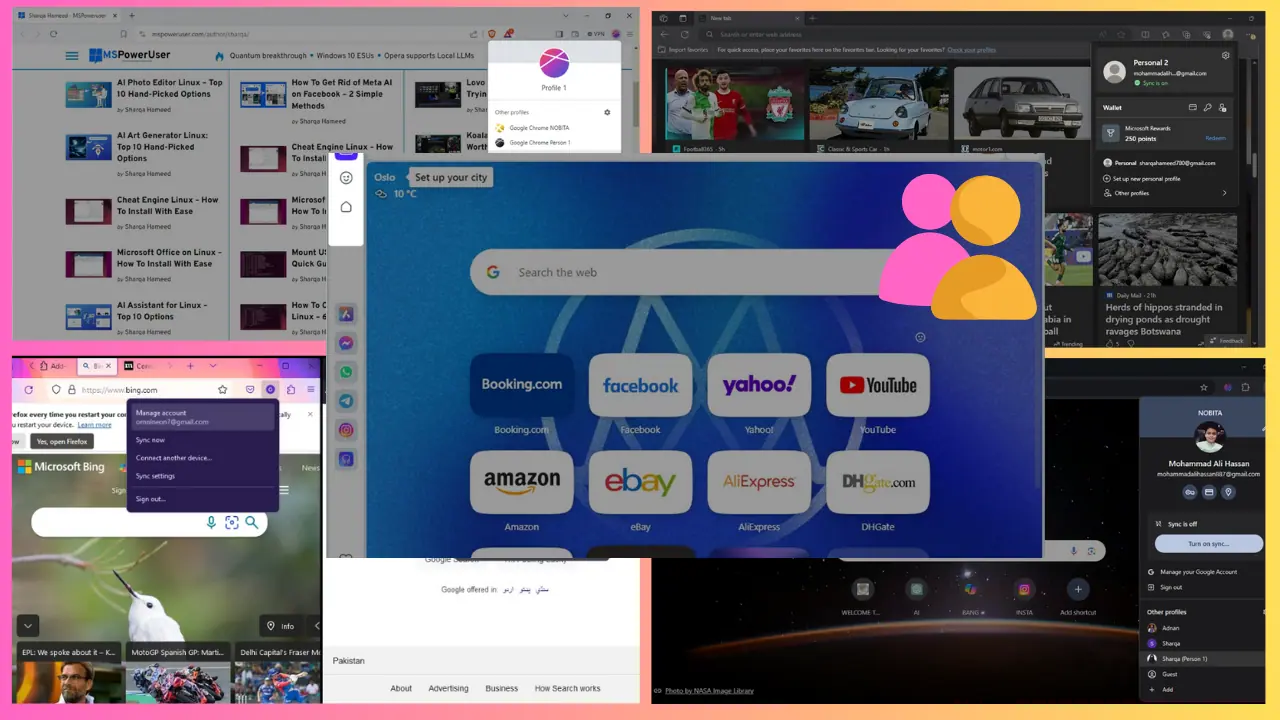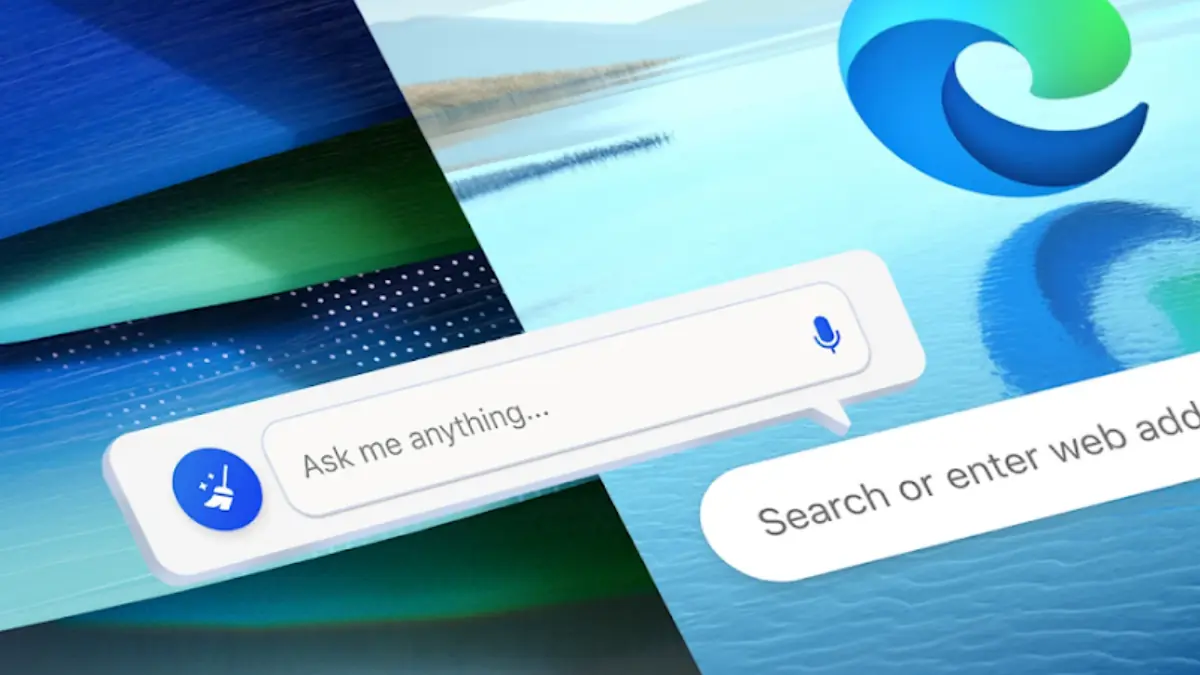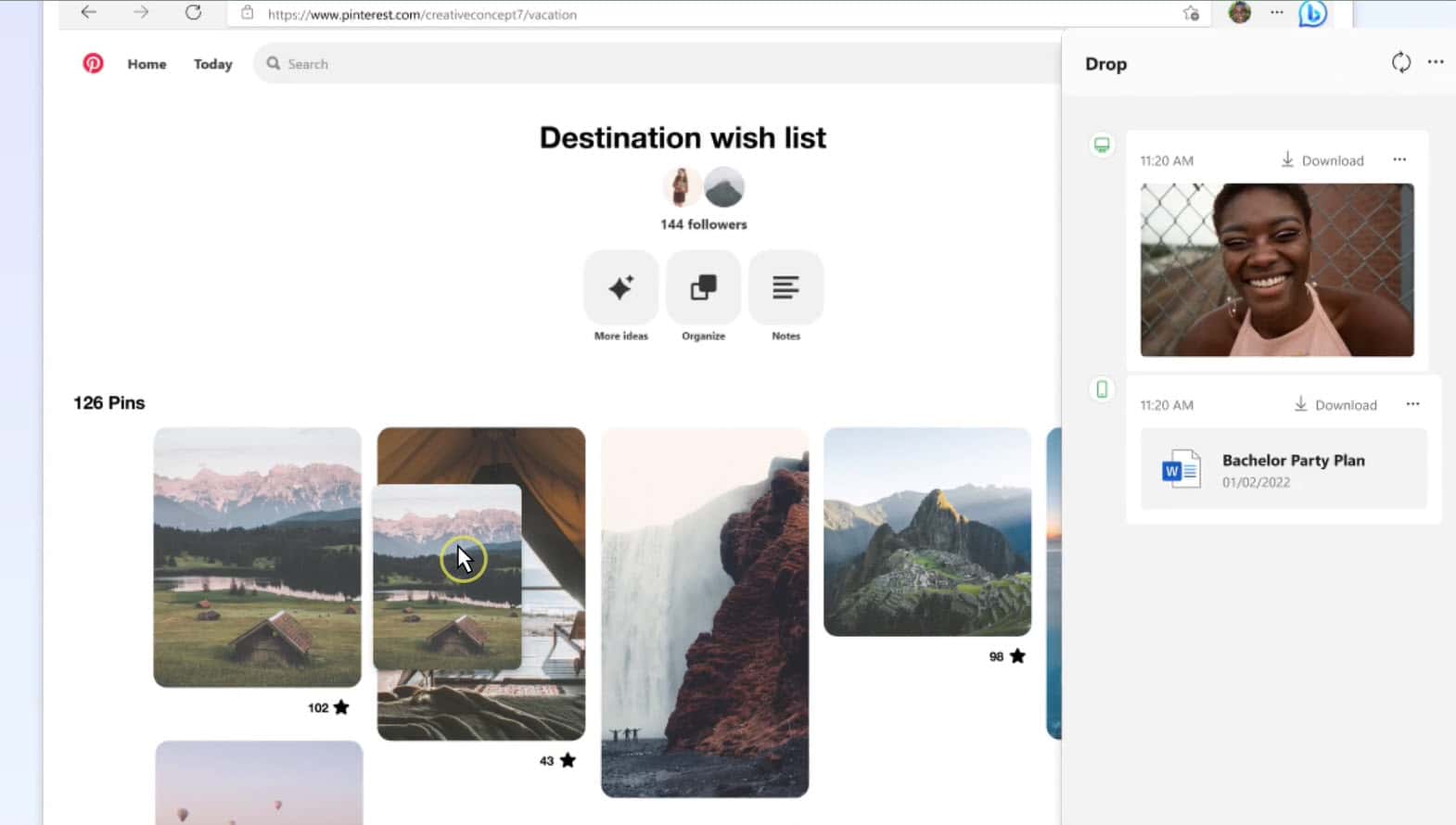Microsoft Edge browser accused of sending full URL of web pages to Microsoft
2 min. read
Published on
Read our disclosure page to find out how can you help MSPoweruser sustain the editorial team Read more

Users who prefer speed and performance over anything else chose Google Chrome over Microsoft Edge, and when it comes to privacy, the Edge used to take the lead. Now, it seems that it is no longer the case, it never was!
The classic Microsoft Edge browser is accused of sending full URL of web pages to Microsoft. A Twitter user, @scriptjunkie1 put the blame on Microsoft’s browser saying, “Edge apparently sends the full URL of pages you visit (minus a few popular sites) to Microsoft. And, in contrast to documentation, includes your very non-anonymous account ID (SID).”
As pointed out by @scriptjunkie1, “Firefox, Chrome, and Safari do not send your browsing history to their cloud overlords like Edge. They compare 4-byte URL hash prefixes with downloaded bad hash lists.”
This appears to be an invasion of users’ privacy given the fact the SID, short for security identifier, is also sent to Microsoft along with the URLs.
For those unaware, SID is a unique identification number assigned to every to Windows users. SIDs are created soon after when an account is created on Windows PCs. Which also means that Microsoft is well aware of who’s visiting which websites.
In Microsoft’s defense, Microsoft Edge has a security feature called SmartScreen filter that “helps you identify reported phishing and malware websites and also helps you make informed decisions about downloads.” which pretty much explains the need to send the full URL to the Redmond campus. However, it’s not clear whether Edge browser send full URLs if users choose to disable the SmartScreen feature.
Microsoft is in the process of introducing its first-ever Chromium-based browser, which is also called Microsoft Edge, to replace the EdgeHTML-based classic Edge browser. The internet browser is currently in the testing phase and will be rolled to the public at the end of this year or Q1 of 2020.
It’d be interesting to see whether the new Chromium-based Edge offers SmartScreen Filter feature.






